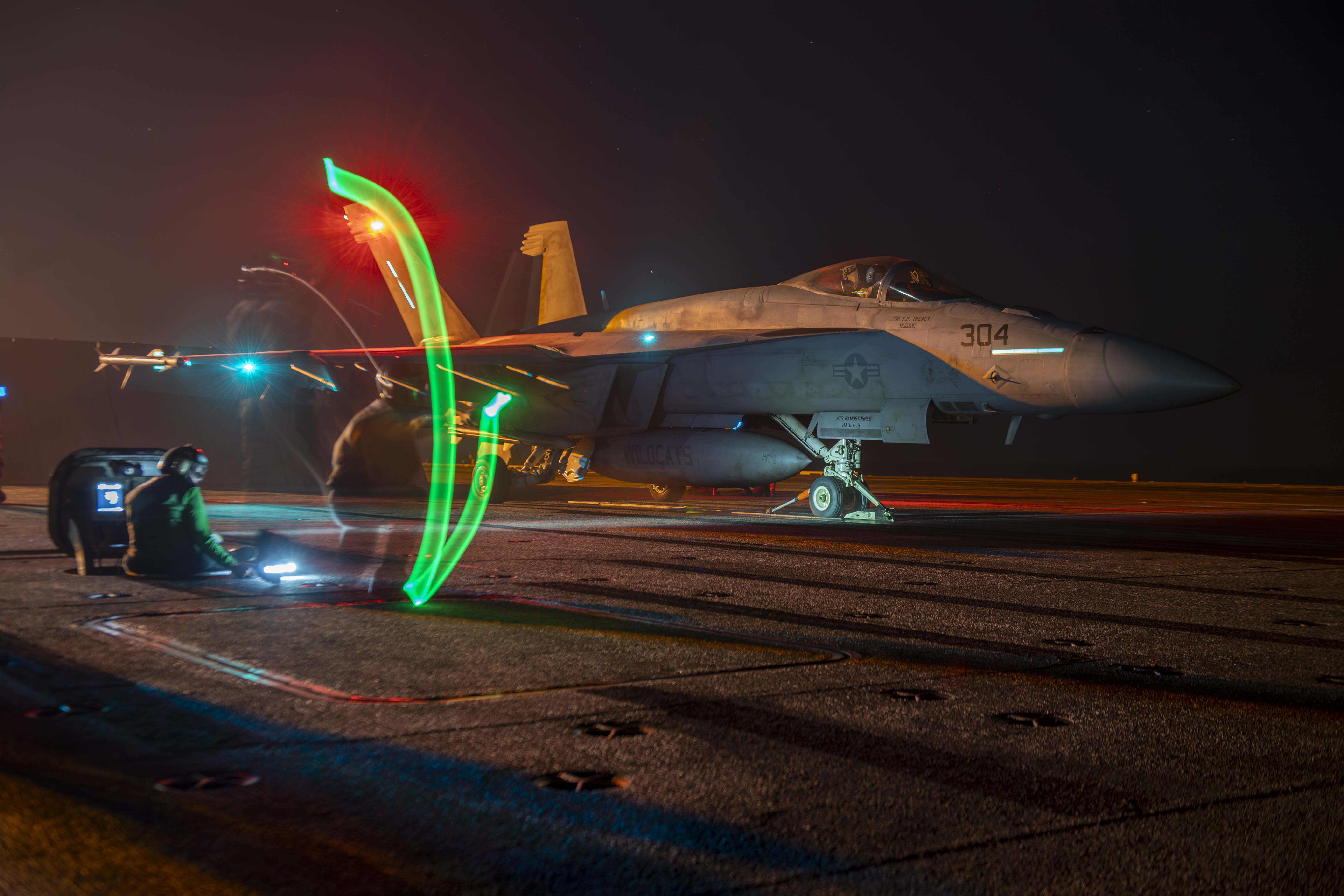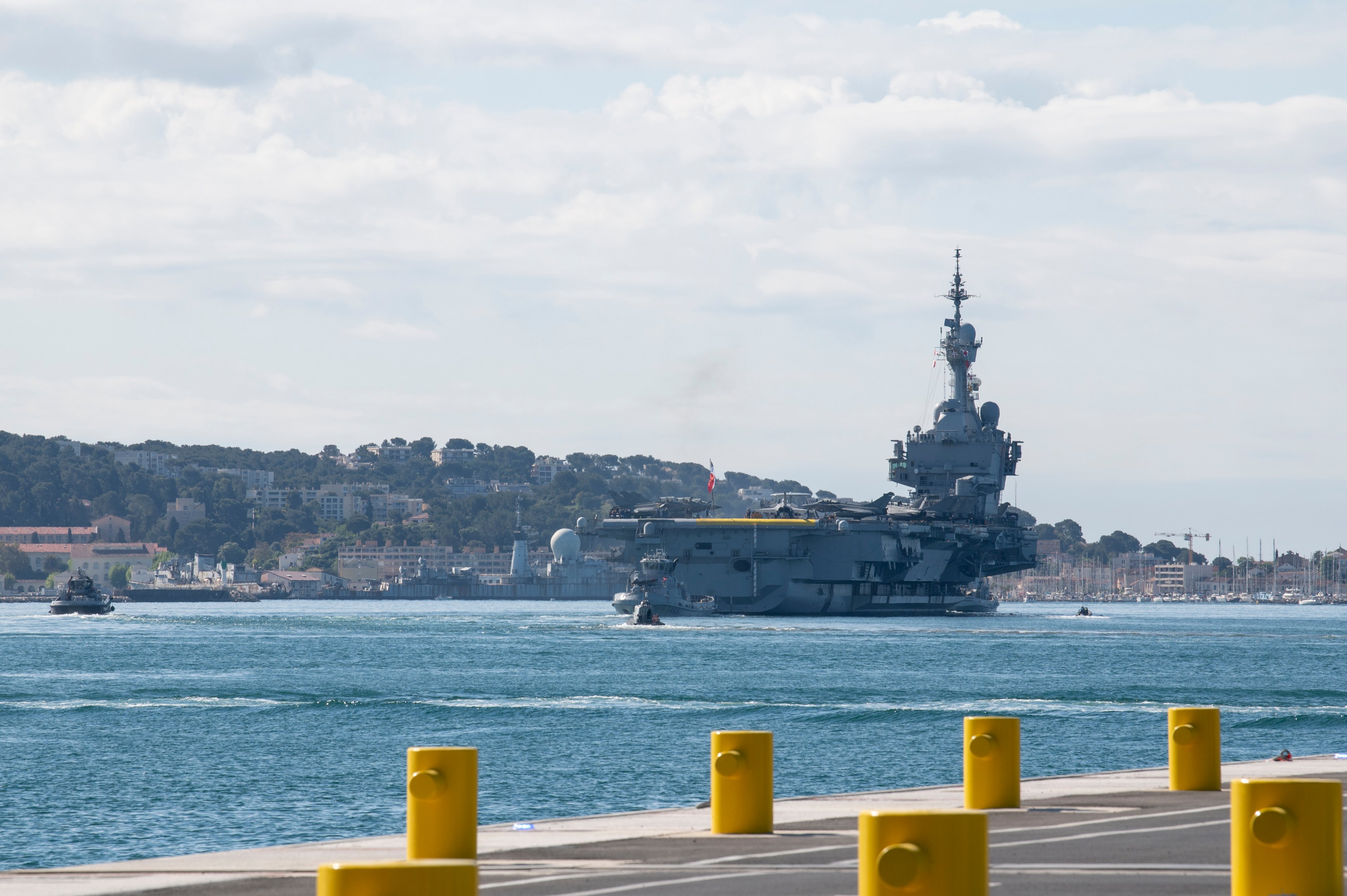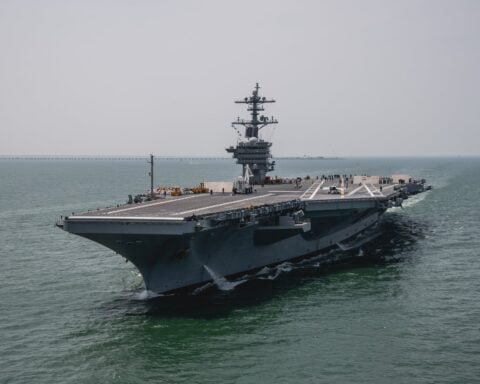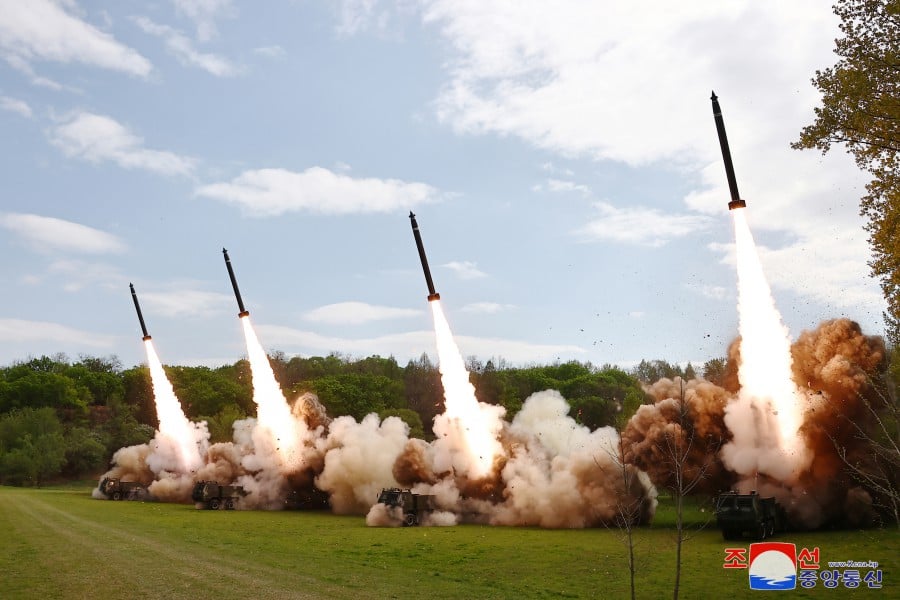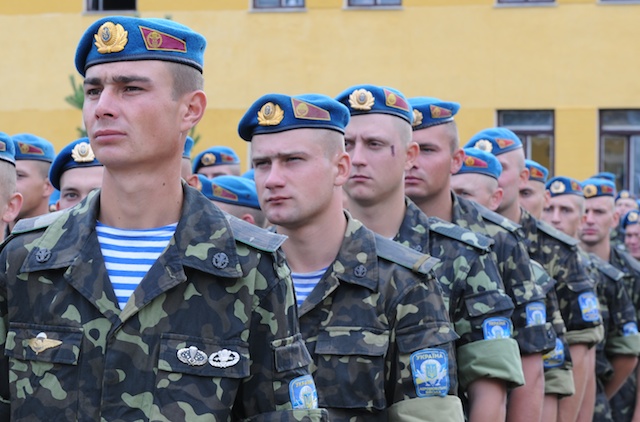
“We ought to be providing lethal aid”—anti-tank, anti-armor weapons, unmanned aerial vehicles, and cyber assistance—to the Ukrainian government in its struggle with Russian-backed separatists, retired NATO commander Adm. James Stavridis told the Senate Armed Services Committee on Tuesday.
Soviet President Vladimir Putin “has demonstrated he is the bully in the neighborhood” by seizing parts of Georgia, Crimea and Ukraine.
As to whether sending lethal aid would cause Russia to send more aid, and even troops, to support the separatists, Stavridis said, in answer to a question, “This is a calculation” that it will not commit its forces, but “when you release ordnance, everything changes.”
The former top officer in European Command added, “If the Ukrainian government cannot hold the line against the separatists [in the eastern region of the country], they will lose politically.” The United States is “trying to stabilize a democracy.”
Stavridis is the chair of the board of the U.S. Naval Institute.
While there is now a lull in fighting on the ground, the Russians have clearly kept the pressure on in its propaganda campaign inside its own borders, Ukraine, Moldova, and the Baltic States.
Ian Brezezinski, with the Center for Strategic and International Studies, said of the Russian efforts in this area, “They’re crushing us. They spend billions of dollars” on propaganda. “We have nothing in comparison,” as was the case during the Cold War with the United States Information Agency’s program in U.S. embassies, consulates, libraries, and broadcasting.
This sets the stage for military action, he added, particularly when the West is in either a political crisis over how to proceed in Eastern Europe and the rise of nationalist parties, or economic crisis over what to do about issues such as Greek debt.
“I really believe that Putin watches [signs of Western political and/or economic crisis] closely.”
Putin’s “view of Europe is [that] it can’t tie its own shoes,” Steven Sestanovich of the Council of Foreign Relations told the committee. “We have to be smart about strengthening the Ukrainian army.”
But in his view, Putin limited support to the separatists to ensure they would not be defeated when the Ukrainian government launched an offensive against them late last year, “but did not commit large forces” of Russian soldiers to complete the takeover of two eastern provinces and link up with his forces in Crimea.
Sestanovich added that being bogged down in Ukraine limits what Putin and Russia might do on other fronts.
There is clearly a danger that members of the European Union will be willing to cut back on sanctions on Russia as the lull continues, he said. He and the others said sanctions have had some effect on Putin and Russia generally, as has the fall in oil prices.
After calling Russia “a $2 trillion gas station,” Sen. John McCain (R-Ariz.) said that reducing Ukraine and Eastern Europe’s dependence on Russian natural gas and petroleum could be an effective means in countering Russian aggression. He cited the success of America exporting of liquefied natural gas and the construction of a southern pipeline from the Caspian Sea to Europe as examples that could be useful in the future sending American crude oil to Europe for refining, breaking their dependence on Russia.
“Energy is a key element” in containing Russian ambitions, McCain said.
The next step in sanctions could be making “clear how high the costs will be” to Putin’s inner circle if the separatists try to expand their present enclaves.
All three witnesses agreed that NATO retains a military edge over Russia in high-tech, number of troops, and aircraft, but the West is unlikely to engage directly in Ukraine. The same cannot be said about the Baltic states. Sestanovich said if the Russian military moves, say, against Estonia, a NATO member, “I do believe the alliance would respond.”
Sen. Joe Manchin (D-W.V.) said as the hearing was drawing to a close this “cold war is colder than when we had a Cold War.”
Sestanovich added, “This is a real Cold War” and the message to the Russians should be if tougher sanctions are imposed and they can be imposed by the United States acting alone, “you brought this on yourself.” He added, “That’s the test for us, not to crack first.”


